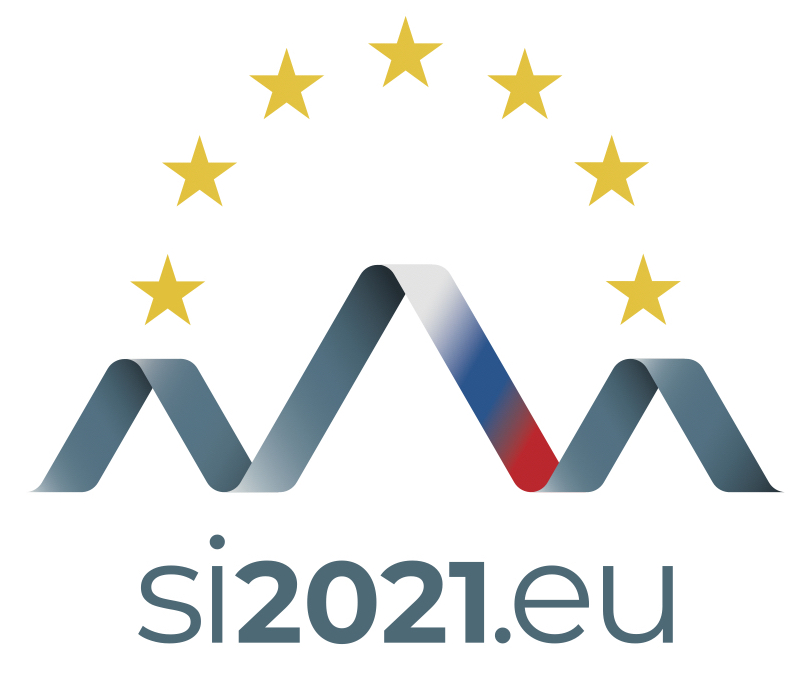Dan Podjed
Anthropologist dr. Dan Podjed is Research Fellow at Research Centre of the Slovenian Academy of Sciences and Arts, a Researcher at Innovation and Development Institute of the University of Ljubljana, and an Assistant Professor for Cultural and Social Anthropology at the University of Ljubljana. His research focuses on the relationship between people and technologies and the development of products and services tailored to people. In 2019, he published the book Seen, in which he explains why we are increasingly observed and exposed with the help of smartphones and other devices. In 2020, his book Indoor Anthropology was published, in which he presented how he came to know the society and himself during the Covid-19 pandemic.
Q1: What does the artificial intelligence mean to me?
AI is: 1. the successor of human intelligence, 2. our most beautiful child, and 3. perhaps our doom.
Q2: What will the school of the future bring?
I hope that the school of the future will be an institution in which digitalization will not prevail, but will also remain an institution in which students will learn about the importance of face-to-face communication in the real world.
Q3: What will happen if artificial intelligence becomes smarter than humans?
Futurologist Ray Kurzweil argues that the moment of the so-called technological singularity will happen around the year 2045, when humans will load up on some sort of matrix and create a “superman” who will live forever. Yuval Noah Harari thinks similarly, saying that artificial and human intelligence will one day merge to form the Homo Deus. I personally think that both Harari and Kurzweil are partly right, but I am concerned that only the elite will be upgraded, and most of humanity will stay in the dark and watch from afar how a new man, connected to artificial intelligence, is created.
Wayne Holmes
Wayne Holmes, PhD (Oxon) is a learning sciences and innovation researcher who teaches at University College London, and is a consultant researcher on AI and education for UNESCO and for the International Research Centre on Artificial Intelligence (IRCAI). His research, books and papers, and invited talks focus on the ethical and social implications of AI and education.
Q1: What does the artificial intelligence mean to me?
Opportunities but hyperbole and, so far, more promise than reality.
Q2: What will the school of the future bring?
Opportunities for students to self-actualise but, if we’re not careful, compromised human relationships.
Q3: What will happen if artificial intelligence becomes smarter than humans?
For AI to solve problems in education, we need a radical change of trajectory. Today’s AI tools typically do little more than automate poor pedagogic practices. Instead, we need AI that addresses real educational problems, that empowers teachers and students, and that leverages the power of AI to create innovative approaches to teaching and learning.




